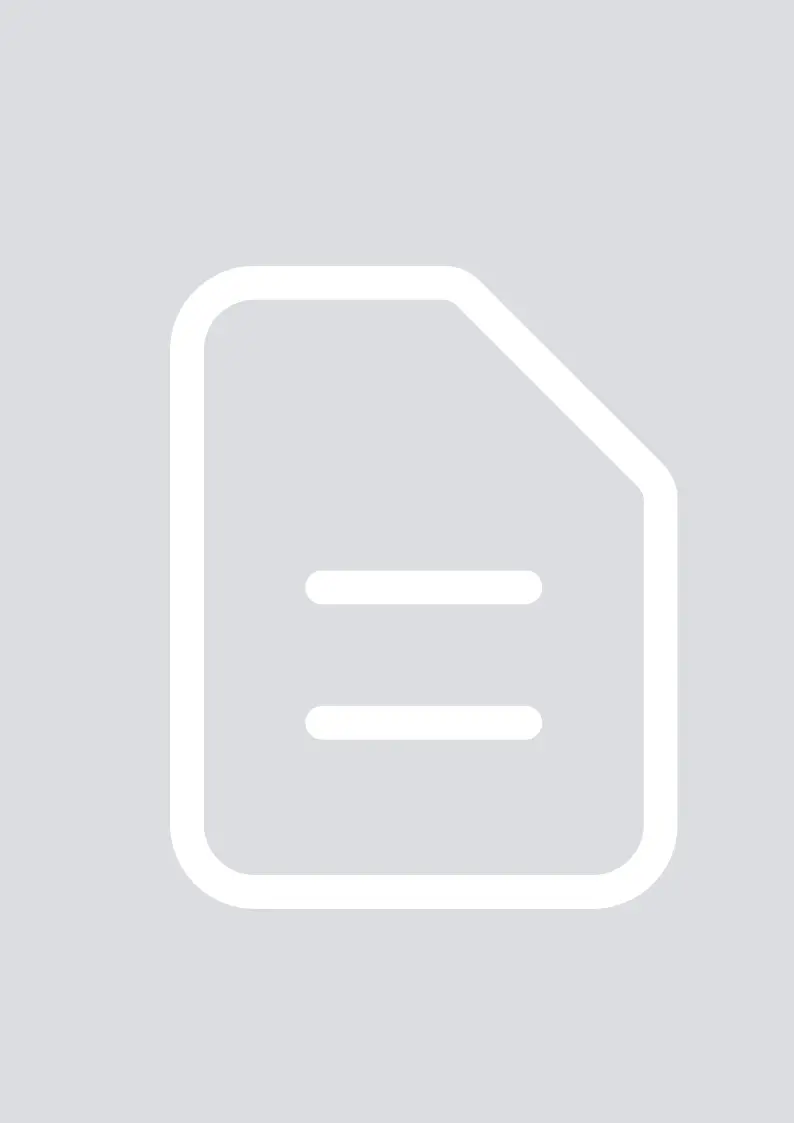This open-access, peer-reviewed journal article examines the results of a pilot behavioural intervention in Tanzania. The project tested a behavioural anti-corruption intervention to reduce bribery in a hospital. It targeted deeply ingrained social norms while also leveraging the social networks and influence of key staff members.
The research was funded by the Global Integrity Anti-Corruption Evidence Programme of the UK Foreign Commonwealth and Development Office (FCDO). It was a collaboration between the Basel Institute on Governance, the UK Behavioural Insights Team, the University of Dar es Salam and the University of Utrecht.
Abstract
Practices of bribery in the delivery of public services become entrenched when they are driven by social norms of reciprocity.
The resulting economies of favours, which are common across diverse geographical regions, are resilient to conventional anti-corruption measures because they are underpinned by strong social pressures.
This article describes the results of a behaviour change intervention to address gift-giving as a form of bribery in a Tanzanian hospital. The intervention utilised environmental cues and a peer-led network approach to deliver messages aimed at disincentivising bribery.
An exit survey of hospital users indicates a reduction of the ‘gift-offering propensity score’, capturing self-declared behaviour, from 23% before implementation of the intervention to 13% afterwards. We find similar changes in the enabling norms score.
Semi-structured interviews with hospital users and health workers further support these findings.
These results suggest that practices and norms around bribery might be changed through a multi-pronged approach that addresses both the ‘supply’ and ‘demand’ side of bribery.
Published
Authors
Countries
Related publications
Working paper
Working Paper 60: Understanding the enemy: Insights from corrupt networks to improve anti-corruption Collective Action initiatives
2025 | Basel Institute on Governance
Working paper
Working Paper 58: Corruption as a facilitator of drug trafficking in the port of Rotterdam
2025 | Basel Institute on Governance
Article
When You Have Corrupt Friends Abroad: The Impact of Strategic Corruption on Sudan’s Democratic Collapse
2025 | Public Integrity (Routledge - Taylor & Francis Group)
Report
High-level Corruption: an Analysis of Schemes, Costs and of Policy Recommendations
2025 | Transcrime – Joint Research Centre on Transnational Crime
Quick guide
Quick Guide 38: Border corruption
2025 | Basel Institute on Governance
Quick guide
Quick Guide 37: Strategic corruption
2025 | Basel Institute on Governance
Quick guide
Quick Guide 36: Corruption and security
2025 | Basel Institute on Governance
Quick guide
Quick Guide 35: Sexual corruption
2025 | Basel Institute on Governance
Article
Addressing Bribery and Associated Social Norms in Healthcare: Results of a Behaviour Change Intervention in Tanzania
2025 | European Journal of Social Psychology
Working paper
Working Paper 52: Navigating the political context: Practice insights and adaptive strategies to strengthen the anti-corruption and asset recovery justice chain
2024 | Basel Institute on Governance
Article
Turning Legally Obtained Resources into Illegal Payments: A Money Dirtying Scheme
2024 | European Journal on Criminal Policy and Research
